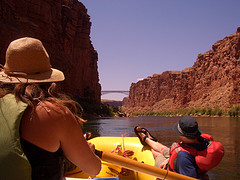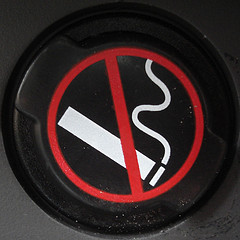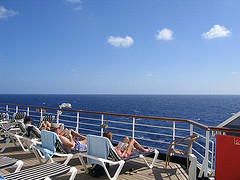 These days, it’s easier than ever to find a cheap flight with all the comparison engines like Kayak, Orbitz, and Expedia that are available. You can even compare prices and amenities on lodging using Hotels.com, BedandBreakfast.com, and Vacation Rentals by Owner, but knowing the hidden fees – that’s a different story.
These days, it’s easier than ever to find a cheap flight with all the comparison engines like Kayak, Orbitz, and Expedia that are available. You can even compare prices and amenities on lodging using Hotels.com, BedandBreakfast.com, and Vacation Rentals by Owner, but knowing the hidden fees – that’s a different story.
You may not know about all of these fees, but they can add significantly to your travel costs:
- Peak travel costs – experts contend that every day in June, July, and August are considered high travel days, which means airline are less inclined to be competitive with ticket prices and many tack on additional surcharges for the summer travel season. Spend some time researching flights and comparing them with the airline websites, which sometimes have specific low-cost days to fly that aren’t apparent to the flight comparison engines.
- Baggage fees – with all the uproar over this issue, you’d think the airlines would relent, but most carriers still require passengers to fork over additional money for hauling their luggage to the same destination. To avoid baggage fees – pack light and carry your bag on board. See our Tips on Avoiding Airline Baggage Fees too.
- Fuel surcharges – with the cost of fuel continuing to rise, each airline has taken a different road when handling fuel surcharges. Sometimes these fees are bundled with the federal taxes – to identify them as a generic fee increase. There’s not much you can do about the fuel prices, but you can stick to airlines that aren’t tacking on additional disguised charges.
- High parking fees – many airports, even those with remote parking lots, have significantly increased their parking fees. To combat this problem (and generate business) some hotels near airports will let you park your vehicle up to 10 days for free if you stay overnight with them before flying. These airports often have a shuttle that can take you back and forth as well. This little trick can save you $8-$15 or more per day on parking fees.
Of course, having even a basic travel insurance plan can save you loads of money on unexpected medical expenses, trip delays, and more if something happens on your trip as well. See our Buying Guide for more information on the best travel insurance for you.






